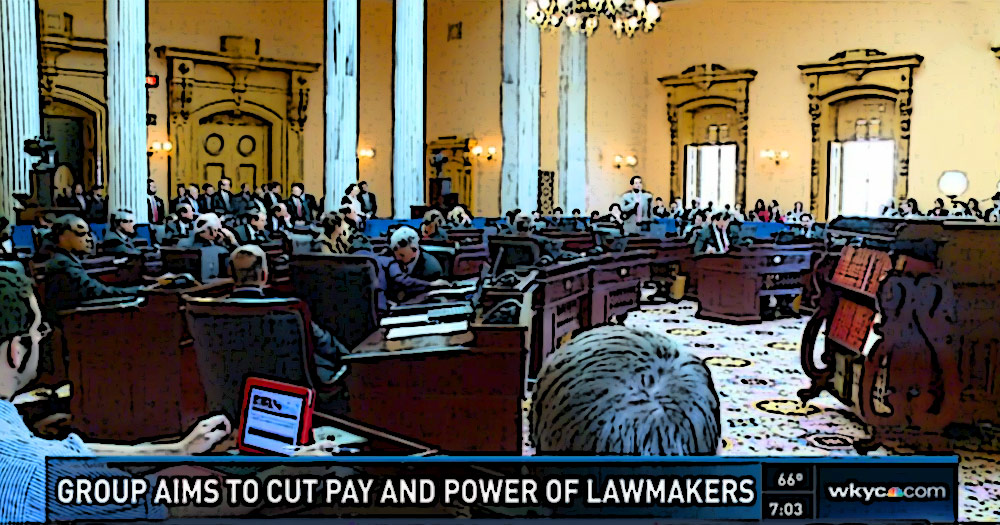Most folks are so unused to seeing normal people carrying guns around, out in the open, that when they it, they freak out.
Among those who are at least, well, unsettled by the spectacle? The police.
Funny, the gun freaker-outers don’t usually freak when they see police with guns. But that may be changing as more and more video footage comes out regarding police shootings of suspects under suspicious circumstances.
It is not exactly by accident that there are protests in numerous cities.
So, police being human, we cannot be surprised when, after the Dallas and Baton Rouge killings of police, “[t]he head of the Cleveland police union called on the governor of Ohio to declare a state of emergency and to suspend open-carry gun rights during the Republican national convention. . . .”
The governor’s office responded that Gov. John Kasich had no authority to do such a thing. Open carry was a law in the state. Only inside buildings could carry rights be suspended (as they have been, selectively).
Steve Loomis, the Cleveland Police Patrolmen’s Association head, said that he did not “care what the legal precedent” may be, and “couldn’t care less if it’s legal or not.”
If Loomis, a leader in “law enforcement,” boasts this attitude, no wonder police have had so many trigger finger incidents, sparking so much anguish, protest, and debate.
It’s time for police to rethink their approach to people who have rights to carry weapons.
Perhaps more importantly, we should all try not to freak out so easily.
This is Common Sense. I’m Paul Jacob.








